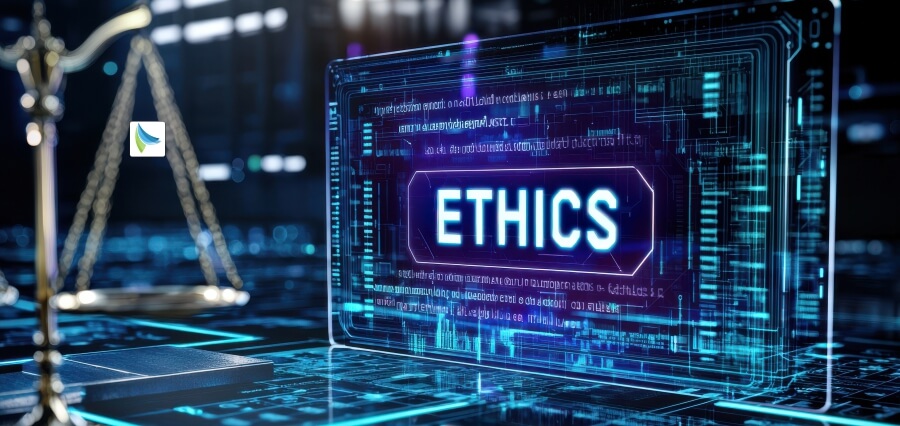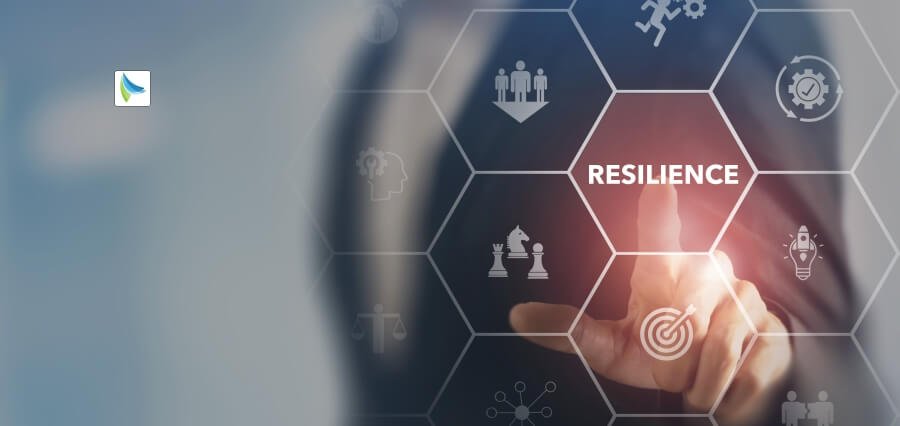In the last two decades, technology has transformed almost every facet of our professional and personal lives. From how we communicate with each other to how we work, learn, and do business, the digital age has introduced a level of convenience, as well as connectivity, unrivaled in the past. Yet with all this innovation, there is a profound need for something even more lasting: ethical leadership.
With AI, data analytics, automation, and digital platforms increasing, ethical consequences of technology are keeping up—if not growing faster. Business strategy is no longer a consideration alone; leaders today must think about privacy, transparency, fairness, and human impact. It is there in that nuance that ethical leadership is not just important, but downright necessary.
Understanding Ethical Leadership
Ethical leadership is leading with integrity, fairness, honesty, and respect. It’s not about avoiding getting into trouble but is rather dedicated to doing the right thing even when difficult or unpopular. It’s making decisions and taking actions based on moral values, especially where change is constant and responsibility can easily become lost.
Under the digital age, ethical leadership bears greater responsibility. Technology can be used to correct real problems or exploit them. Data can be made to improve user experience or violate privacy. Algorithms can be used to make decisions or instill social bias. It falls upon the ethical leader to stay grounded in values in this uncertain and evolving environment.
Why the Digital Era Demands Ethical Leadership
The cyber world is speed-driven—and it is global. One boardroom decision can potentially touch thousands of lives in a matter of seconds. To show an example, the application of facial recognition technology might boost security but could possibly result in serious civil liberty concerns. Similarly, AI hiring solutions can potentially reduce time-to-hire but might unknowingly discriminate or be biased against certain groups.
That is why moral leadership is more important than ever today. It is the brake on decisions made merely for profit or convenience. It makes leaders pause and reflect not only what can be done, but what ought to be done. It reminds organizations that trust is hard to regain once lost and that reputation is one of the most difficult currencies to spend in the digital age.
A good ethical foundation can rescue a firm from reputational harm, regulatory fines, and even employee disaffection. When individuals believe their leaders are ethical, they are more likely to trust the mission, stay loyal to the brand, and become advocates for the company culture.
Traits of an Ethical Leader in Today’s Digital Age
Ethical leadership in the digital age is not just rule-following—visionary and heart-based leadership. Today’s ethical leaders need to be transparent not only about what their technologies can do but also about what they can’t do—and what they shouldn’t do. They need to be able to manage tough realities, whether that means diversity imbalances in data or misuse of customer data.
An ethical leader cares. They think about the ways in which technology affects not just shareholders, but also employees, customers, communities, and competitors. They listen more than they talk, especially in technical communication with those voices most critical yet least heard.
They are also courageous. Change in the digital age typically demands hastiness, yet moral leadership demands contemplation. Going against unethical conducts or holding their grounds against quick fixes for the sake of moral solutions may incur an expense. Genuine leaders are ready to pay it.
Finally, ethical leaders are committed to learning. The world of cyber is too complex for anyone to know everything about it. Staying current with the pros and cons of new technologies is an ethical responsibility. Continuous learning becomes a doorway to continuous improvement.
Embedding Ethics in Digital Culture
Moral leadership is simple to talk about and a whole different matter to put into practice on a day-to-day basis in an organization. Moral action cannot exist independently; it must be embedded in the company’s culture. That means making ethical discourse a part of project meetings, planning sessions, and product development cycles.
Leaders must lead from the top. If executives value ethical outcomes as highly as they value financial, those values will cascade through all levels of the organization. Integrity must be weighed as much as intelligence when hiring. Incentives must go to those who act with integrity, and to those who achieve their objectives.
Moreover, the creation of a psychological setting where team members of the group feel free to voice concerns or bring up issues of morality of no fear of reprisal is essential. Openness and creativity are encouraged by this psychological safety culture, so ethical leadership can grow of its own accord and not be legislated.
Challenges on the Ethical Horizon of the Future
Even the most principled leaders will be faced with moral dilemmas in the age of information. The global nature of technology means dealing with conflicting cultural values and regulatory standards. The need to innovate quickly often comes into conflict with the need to balance long-term consequences. And in an age of disinformation, facts themselves can be politicized or doubted
But perhaps the greatest challenge is ethical fatigue, the danger of becoming desensitized or satiated by constant ethical decisions. To combat this, ethical leadership must be supported by open organizational systems, positive peer networks, and an unyielding dedication to purpose.
Conclusion: The Human Side of Leadership
Technology can form the future, but leadership dictates how it will form the future. Ethical leadership ensures that our digital world continues to be grounded on the human values that matter most: respect, fairness, and dignity.
In a time of speeded-up change, the most effective leaders are not simply chasing progress—but guiding it. They understand that every line of code and every strategic decision has a human consequence. They lead with intelligence, yes, but with values as well.
As we move deeper into a digital technology-driven world, it is ethical leadership that will determine whether our innovation lifts humanity—or leaves it behind.
Read More: Aligning Corporate Legal Strategy with Business Objectives in the Digital Age














